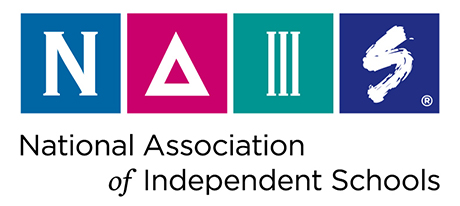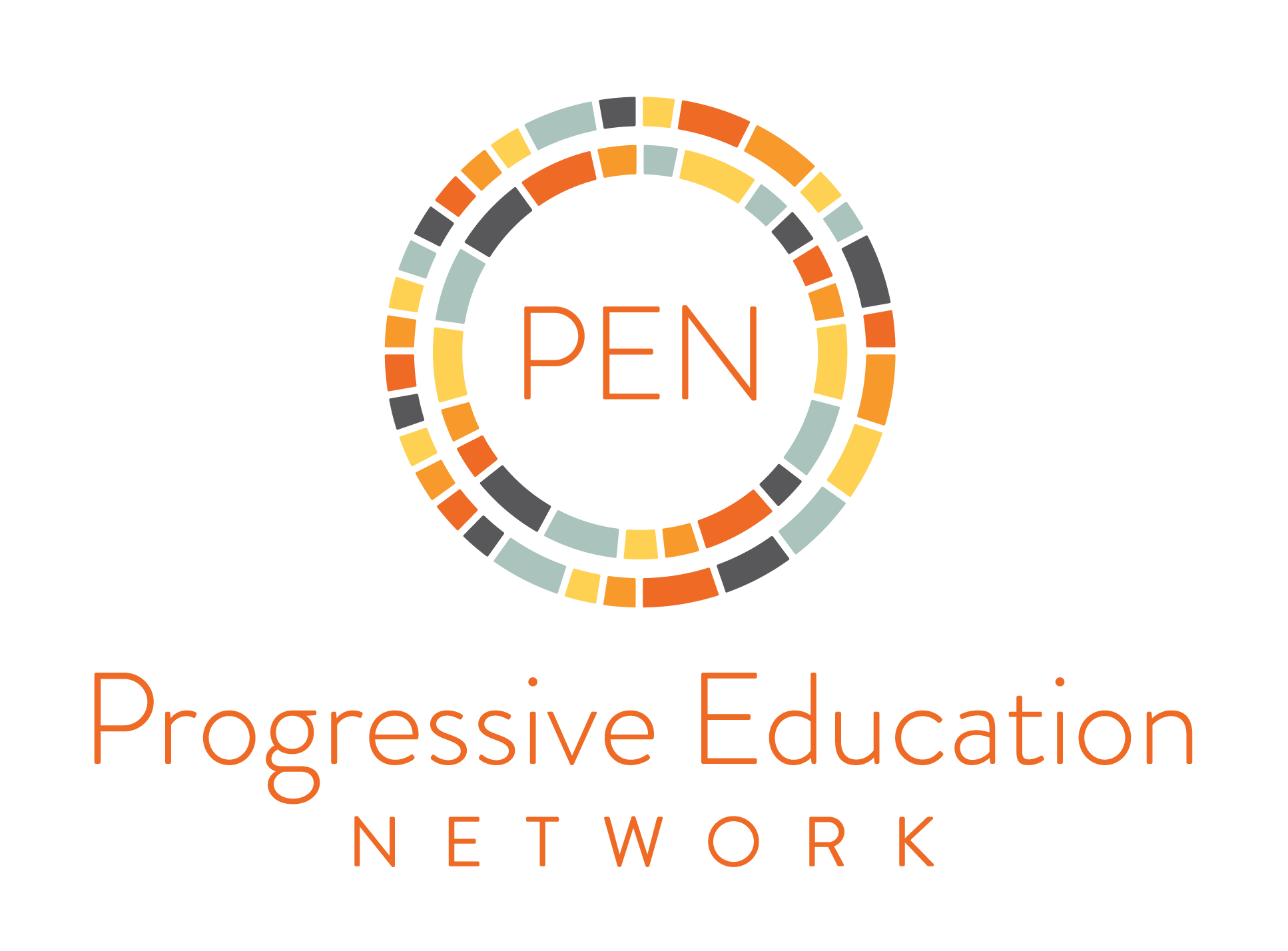Technology is a learning, productivity, and collaboration tool. As learners and future leaders in the 21st Century, students must be able to utilize a variety of technology tools to create, innovate, communicate, collaborate, research, problem-solve, and make decisions. While the tools will undoubtedly change and evolve over time, basic understandings of how things work, how to apply tools to accomplish tasks and goals, and the basic tenets of digital citizenship will remain the same.
In keeping with the mission of Crefeld, we are committed to helping our students become skilled, knowledgeable, independent and self-directed learners who are proficient in using technology in all its forms. We want them to possess the skills to interact with individuals or organizations through computer telecommunications; to be able to access technology as a tool for problem solving; and to use technology as a tool for accommodating their personal learning styles.
Goals for Students:
Students will...
- Creativity and Innovation: demonstrate creative thinking, construct knowledge, and develop innovative products and processes using technology.
- Communication and Collaboration: use digital media and environments to communicate and work collaboratively, including at a distance, to support individual learning and contribute to the learning of others.
- Research and Information Fluency: apply digital tools to gather, evaluate, and use information.
- Critical Thinking, Problem-Solving & Decision-Making: use critical thinking skills to plan and conduct research, manage projects, solve problems and make informed decisions using appropriate digital tools and resources.
- Digital Citizenship: understand human, cultural, and societal issues related to technology and practice legal and ethical behavior.
- Technology Operations and Concepts: demonstrate a sound understanding of technology concepts, systems and operations.
- Accommodation: compensate for their learning challenges using available equipment and applications.
Goals for Teachers:
Teachers will...
- Operations and Concepts: demonstrate a sound understanding of technology operations and concepts.
- Technology Learning Environments: plan and design effective learning environments and experiences supported by technology.
- Technology with Assessment: apply technology to facilitate a variety of effective assessment and evaluation strategies.
- Personal Productivity: use technology to enhance their productivity and professional practice.
- Social Implications: understand the social, ethical, legal, and human issues surrounding the use of technology in schools and apply those principles in practice.





